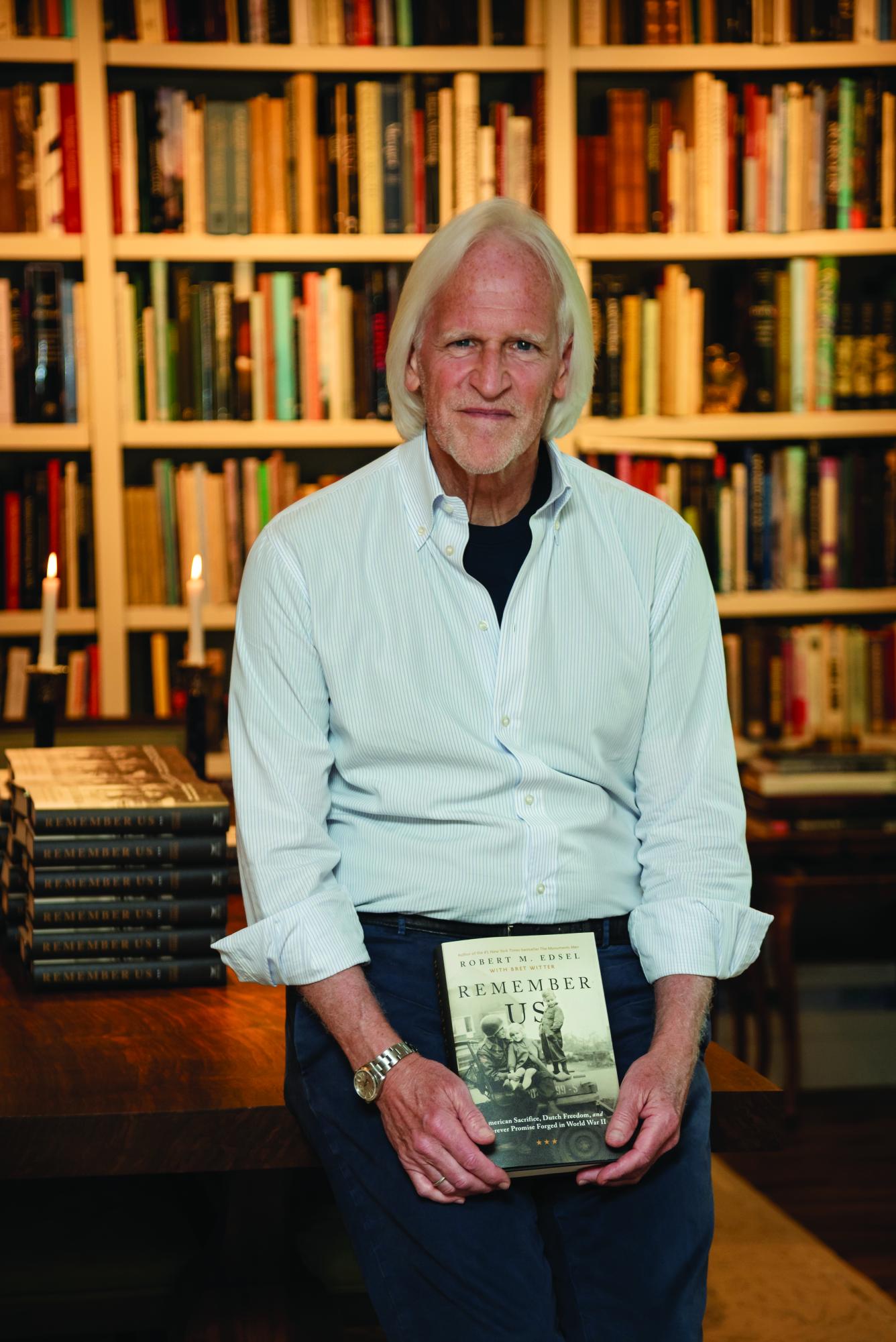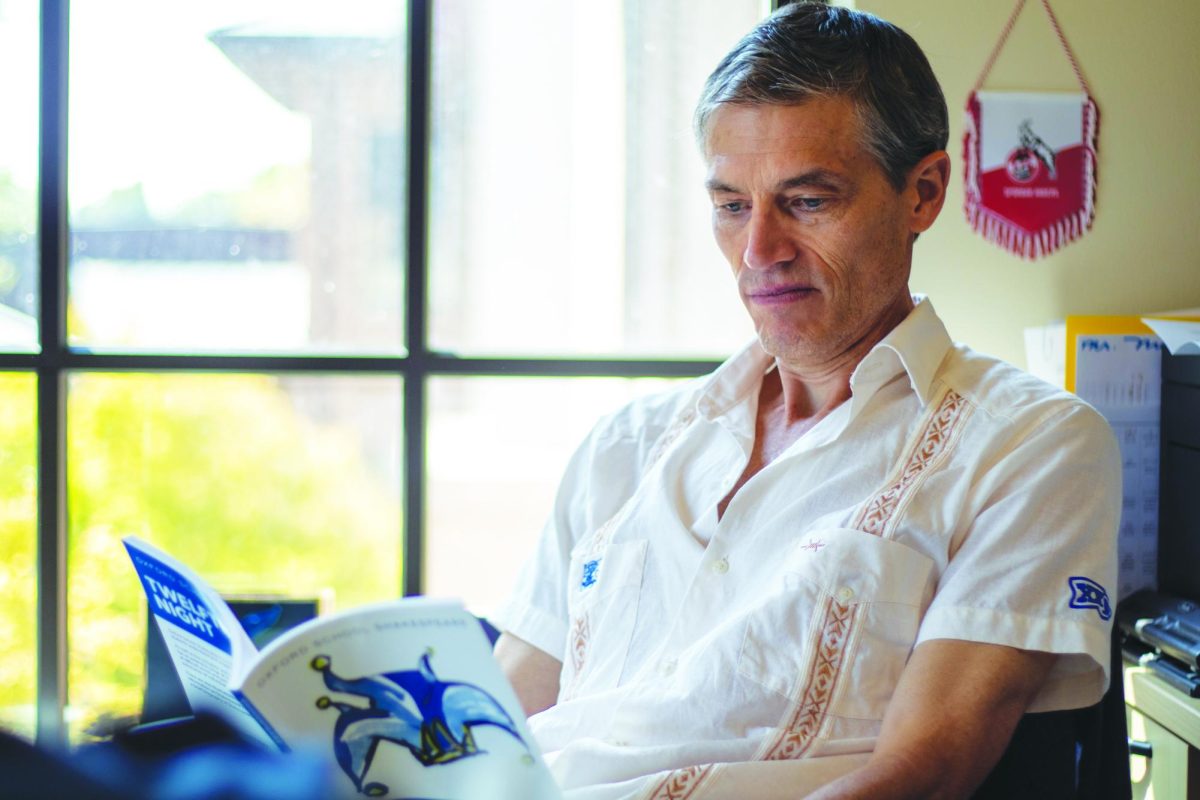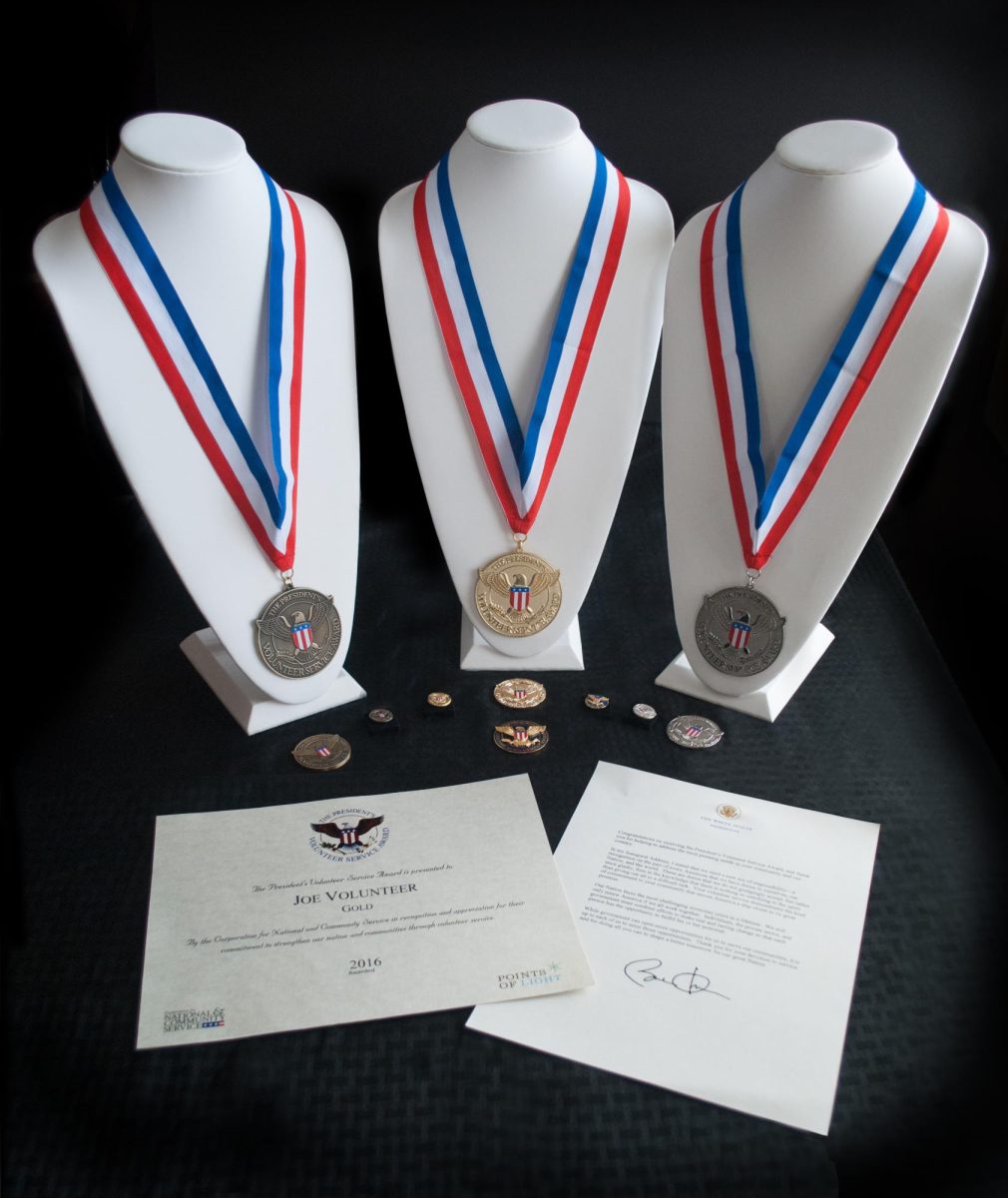History is formed by stories. As the events of World War II become more distant every year, the stories of people that defined the conflict are left behind, fading into obscurity.
Robert Edsel ’75 is working to change that.
After graduating from college, Edsel entered the oil business for a number of years, before he sold his company and moved to Italy. He studied art and architecture there and became intensely interested in World War II. He had never thought about writing a novel before, but during his studies he began asking himself about the hidden stories of the war.
“World War II is an epic moment in history,” Edsel said. “(And there are) so many volumes of amazing stories and incredible events. (So) when I was reading about World War II, I wondered how during the most destructive war in history, how did all these works of art survive, and who are the people that saved them?”
This initial question marked the beginning of Edsel’s journey as a researcher and storyteller, and his curiosity became the foundation of a mission to uncover the overlooked figures who played crucial roles during World War II.
Edsel first began by asking people that lived in Europe and had either studied or experienced the war.
“They all said, ‘I never thought about it,’” Edsel said. “So that’s how it began. And we didn’t have an internet at the time, so there weren’t any cheap, easy answers. And I kept digging and digging, it seemed to me, this is a really big story. We all ought to know about this.”
Edsel’s first book, “Rescuing Da Vinci,” was published after numerous years of intensive research, aiming to cover the extent of the Nazi looting of Europe as well as the Allied effort to recover the works. His second book, “The Monuments Men” was a continuation of Edsel’s interests in the subject and found major commerical success, being adapted into a movie in 2014.
“Remember Us” is Edsel’s newest book, his fifth, and follows in the path of his earlier works. Documenting the stories of 12 ordinary people in Limburg, Netherlands, Edsel aimed to highlight the Dutch and American resistance against Nazi invasion. The novel consists of meticulous analysis of firsthand accounts, from diaries to letters.
But like many of his other novels, “Remember Us” came about because of a coincidental meeting.
“It wasn’t driven by writing a book, and none of my books have been that way. When I get these compliments about being a good writer, I really don’t see myself as that. I see myself as a messenger,” Edsel said.
“Remember Us” was inspired by an interaction Edsel had with a Dutch woman, who provided him with information about the Grave Adoption Program, in which Dutch families adopt American soldiers’ graves and take care of them multiple times every year, sending photographs to the soldiers’ families back home.
“Eighty years later, every one of those graves is still adopted. They’re in the third or fourth generation of the families that are taking care of them, and they have honored that promise,” Edsel said. “So I thought that was an amazing story and in so many ways, the Dutch are more American than we are because we don’t do that for our own veterans. And that’s something we’re trying to change.”
For Henry Roden ’25, who interned at Edsel’s office, the stories bring a new appreciation for people who might have previously been overlooked.
“There are a lot of bad things that the Nazis did, and I think their atrocities reached such a level that something like what they were doing here (with looting) gets easily overlooked,” Roden said.
Roden, who spent time working with Edsel and his partners to catalogue different pieces of art and other important works, noted the scale of the theft.
“The extent that they went to completely steal and destroy European art was something that Europe had almost never seen before,” Roden said. “It really gave me a lot of appreciation for the heroes out there and what they did in the world war to preserve European culture and the arts at the time that would have been lost otherwise.”
Edsel believes that as World War II becomes more distant, many individual stories can fade away.
“For kids, these war stories are just interesting, perhaps, or a great movie that they’ve seen, but they’re so detached from it,” Edsel said. “It is incredibly fulfilling and rewarding to know that something you do may impact somebody else. In the case of my books, it’s impacted a lot of people, and it’s helped write some chapters of history that hadn’t been written.”







